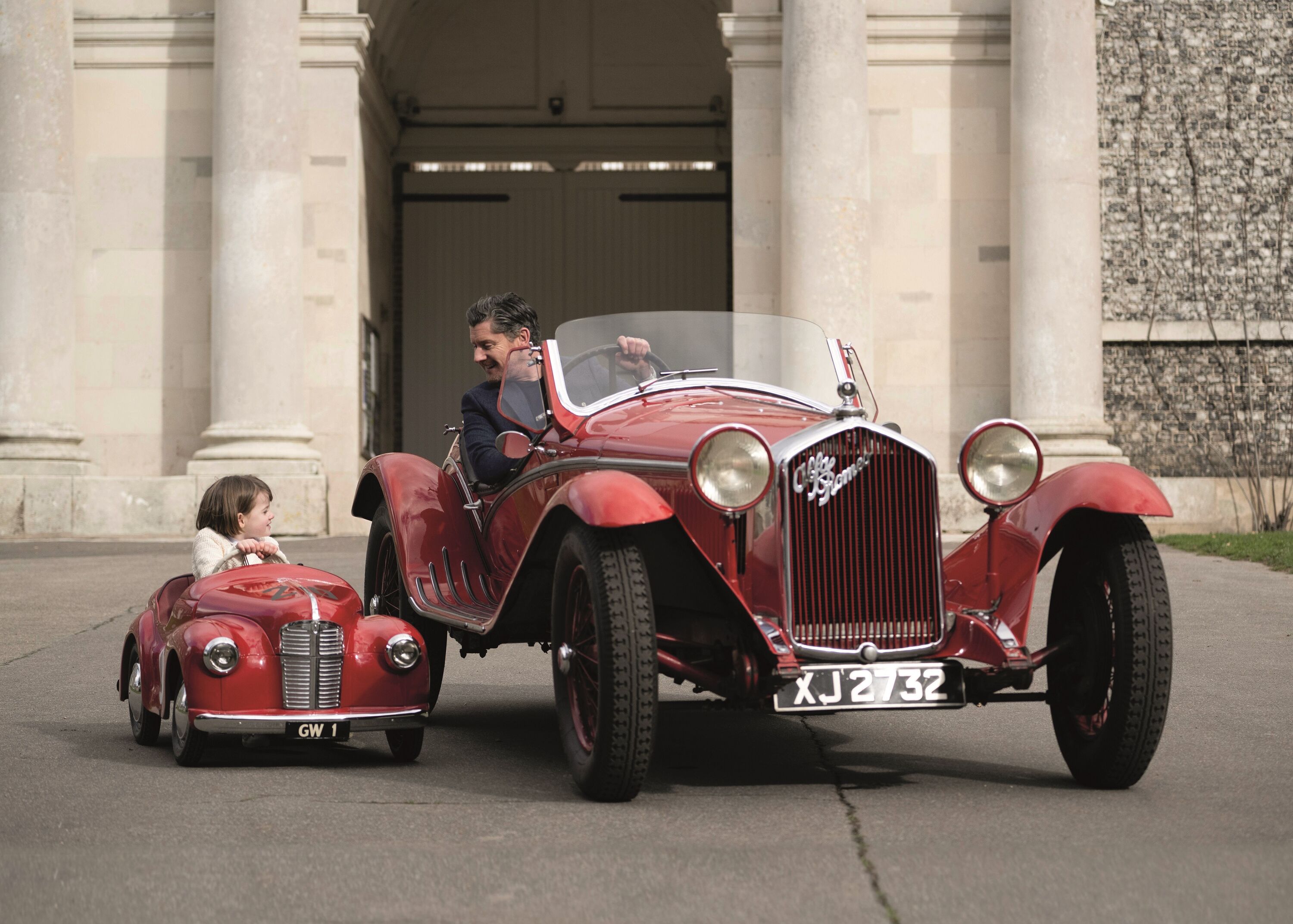My Peugeot 205 GTI taught me how to drive | Thank Frankel it’s Monday
 Andrew Frankel
Andrew Frankel
Few things have made me feel older of late than the news that the Peugeot 205 is celebrating its 40th birthday. Forty! I still think of the wondrous little French hatchbacks as modern cars, yet you spool back the same number of years before the 205 was born, you find yourself dumped in the middle of World War Two.

But of course it was the following year, 1984, that the Peugeot 205 changed the course of automotive history. For that is when it was first launched as a hot hatchback which, according to a recent online poll conducted by, well, me, remains the greatest car of its kind to this day.
And it just so happened that the following year, having inherited a small sum of money and briefly holding down a half decent job in the City, I found myself in a position to buy one. I was 19 years old and more excited than, even after all these years, I am able to describe. The only cars I’d owned until then were a Fiat 126, a 2CV Citroen and an (also inherited) MG Metro whose 72bhp A-series engine was so powerful I soon wrote it off, following in the finest traditions of the already written off Fiat and Citroen.

Undeterred I presented my credentials to a salesman at Warwick Wright Motors in Victoria and asked if I could order a 205 GTI. ‘You could,’ said he, ‘or, you could have this one right here,’ pointing to the black car in the window of the showroom. It was a completely basic car, with neither the specification nor the colour I wanted, which was a grey car with power windows, but he didn’t get to be a central London cars salesman without being able to spot a sucker from a thousand paces.
‘How long would it take to arrive if I ordered a car now,’ I enquired. ‘Probably a couple of months, maybe more,’ he replied, ‘they can’t make them fast enough. Or, at the risk of repeating myself, this car is a cancelled order and you can have it right now.’
Aged 57 I’d not have the willpower today to have turned it down and waited for the one I really wanted, so as a callow youth I was putty in his hands. Which is why as soon as I could arrange a bankers draft for £6,495, B636 XYL was mine.

It was as basic as basic could be. Wind up windows, no sunroof, no central locking and no power steering (though I’m not sure that was available then). First stop was my older brother’s flat who looked at it, looked and me and said, ‘try not to write this one off too.’ I laughed. No way was this shiny new car going the same was its ancient, decrepit predecessors.
Until, that is, I took it to Goodwood for my first ever track day. At the time the circuit was near derelict, noise concerns meaning race teams were no longer even able to test there. So track days for road cars were the only way you could drive there and its only source of income.
I started steadily, learned the circuit, or at least thought I had, then on about my fourth lap I came out the chicane in second, revved the peppy little single cam, 105bhp past 6,000rpm and went through the super short gears until I realised Madgwick was approaching just a little faster than expected. No problem: I needed to brake and turn, so I’d just do both at the same time. I was facing the way I came, travelling backwards across the grass before you could say ‘opposite lock.’ In fact I’m not sure I even knew what opposite lock was back then. I remember begging it to stop before the bank, which it duly did. Just.
You’d think I’d have learned my lesson that day but no. I spun the little Peugeot at least twice more, always on entry to the corner, always when I lifted off the throttle. I thought there was something wrong with it because no one had explained about weight transference, lift-off oversteer or the fact that because it was suspended so stiffly at the back relative to the front, those early 205s rotated like helicopter blades. I drove back to London, much chastened, and consulted said older brother who, at the time, was racing Alfasuds quite competitively. And he explained it all to me and suggested I went to a roundabout under London’s Westway at the end of what is today the M41 in the dead of night and taught myself car control.
So I did. And I learned that you could put a single input into the steering and then control the way the car circulated the roundabout entirely with you right foot. The more power I applied, the wider the circle it would describe, and if I closed the throttle merely gently rather than snapping it shut, it would tighten its line usefully. This thing I’d always heard about but never understood called steering the car on the throttle – well there I was doing precisely that. I never spun that Peugeot again.

Which meant to my pea-sized brain, that I knew it all. So much indeed that I could trade the Peugeot in for a Caterham and hoon around in that instead. Which is what I did until I returned to Goodwood and discovered I didn’t quite know everything after all. The box marked ‘power oversteer’ can only be ticked in a car with driven rear wheels, which I duly did in the Caterham, exiting the chicane and shortly before connecting violently with the bank at its exit. That was the end of the Caterham and the end of my insurer’s patience. It was back to the 2CV for me.
Thank Frankel it's Friday
Peugeot
205 GTI






